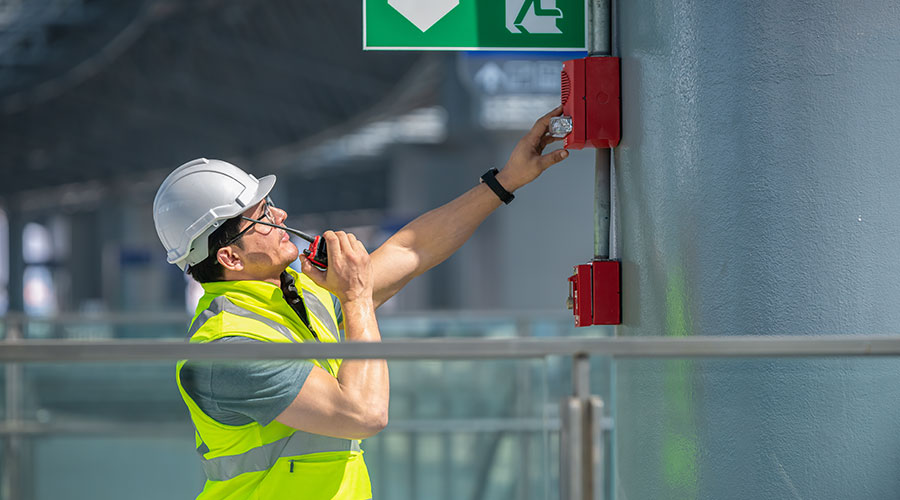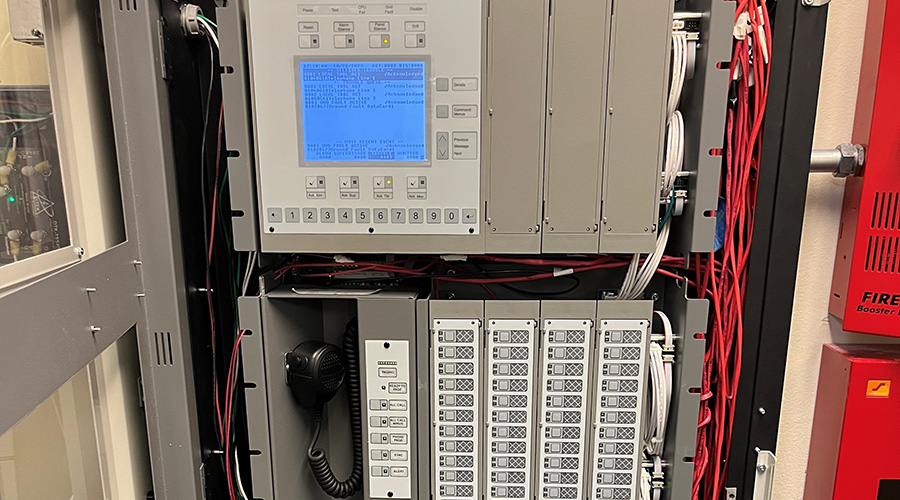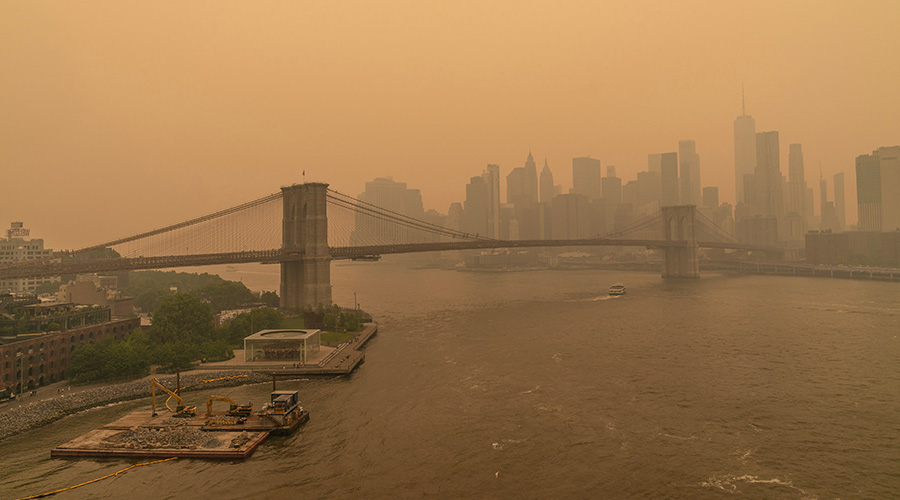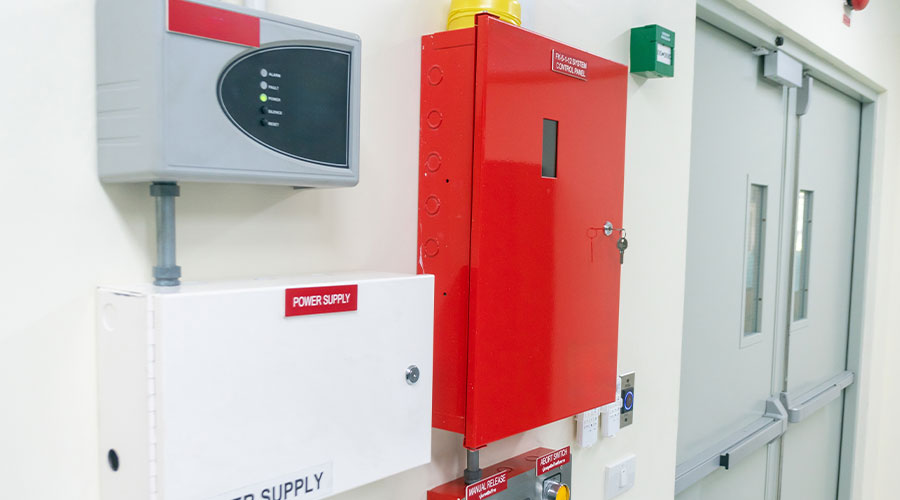What Are the Code Requirements for a Fire Alarm System In My Building?
Have you given much thought to your building’s fire alarm system recently? If you’re like most facility executives, the answer is “no” — that is, unless something has occurred in your building to trigger an upgrade or system replacement. That event might have been a fire safety inspection by the local authorities, a large renovation, the sudden malfunctioning of the existing system or an actual fire. No matter what caused questions about the fire alarm system, facility executives are likely to have questions on topics ranging from code requirements to options to costs. Answering some common questions can help in planning a fire alarm system upgrade or replacement.
What are the code requirements for a fire alarm system in my building? That depends on what kind of building you have, if it has an automatic sprinkler system throughout, what occupancies are in the building and what your local building codes require. If you have a high-rise building — which most codes define as any building that exceeds 75 feet in height above the street level — then most likely you must have a fire alarm system, along with specific communication systems for the fire department to use if the building needs to be evacuated. Other buildings will often require a fire alarm system as well, such as hotels, schools or daycare facilities. Look at local building codes for requirements that apply to your building; each jurisdiction has its own requirements.
In many cases, requirements are relaxed, or even eliminated, if the building is fully protected with sprinklers.
Related Topics:

















